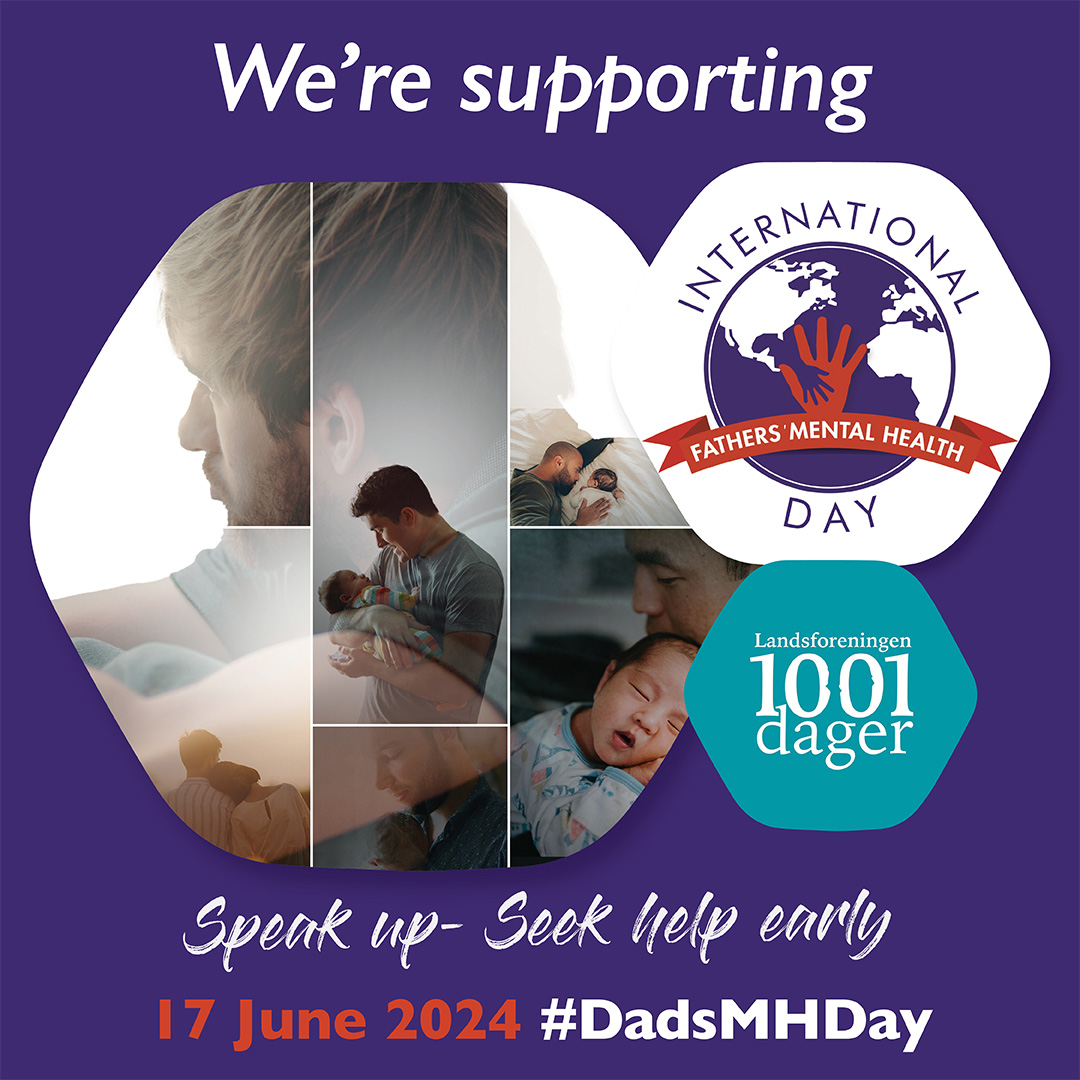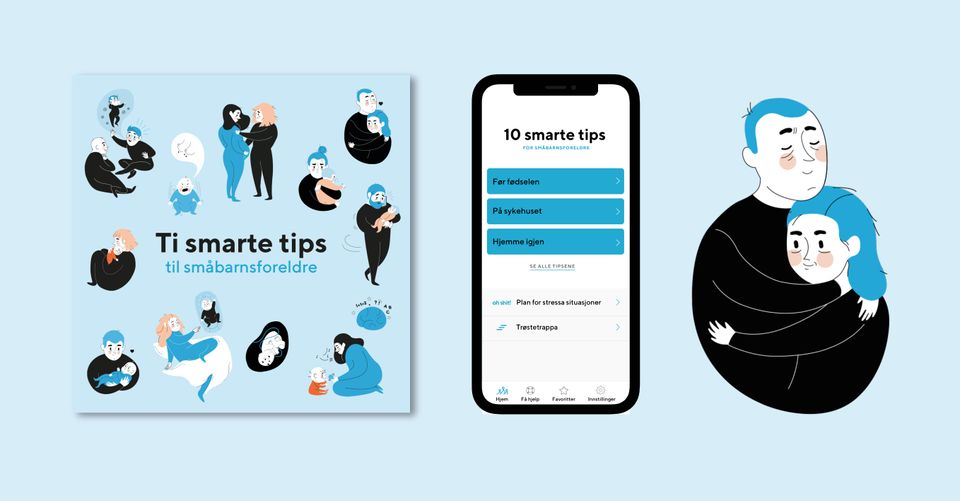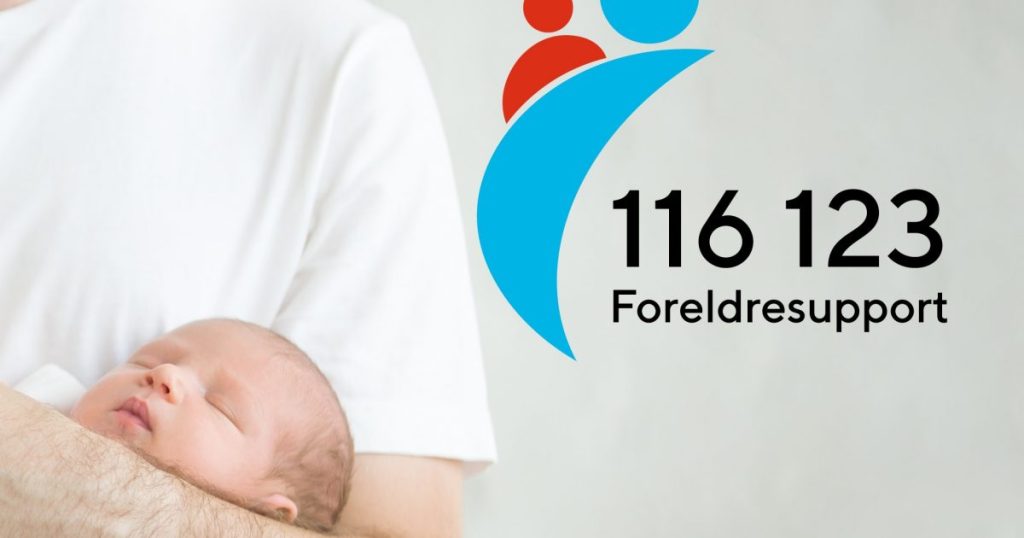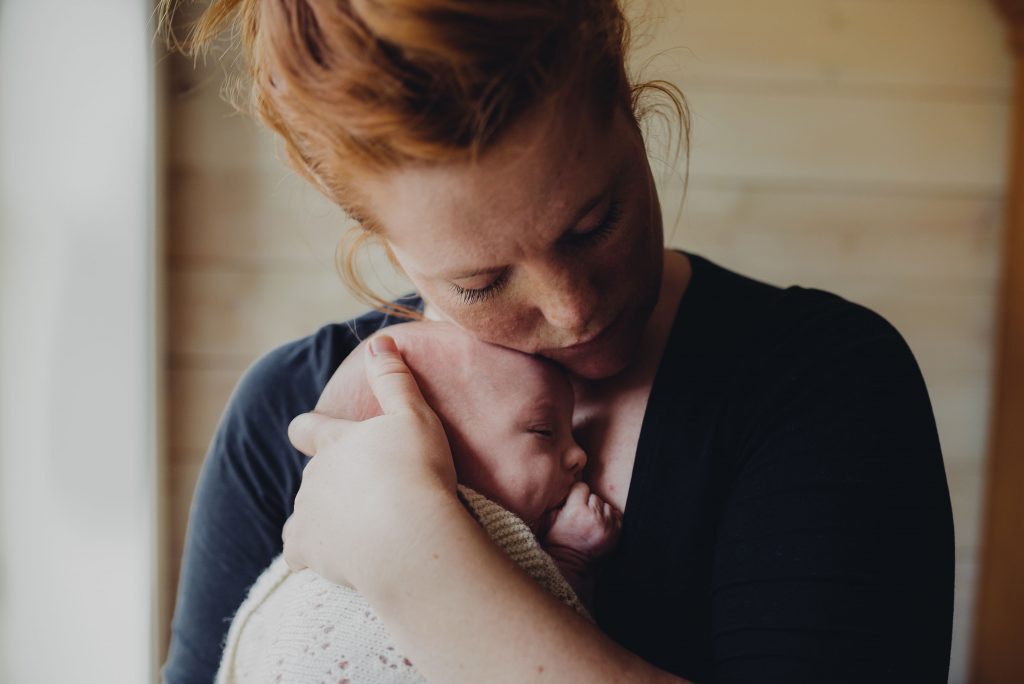Tekst: Mark Williams
Although most of us—men and women alike—are socialized to think of men as providers of support during the perinatal period and early parenthood, a wealth of research shows that 10% of new dads experience paternal postpartum depression (50% when mom is depressed!) and tend to need support of their own.
Stigma against experiencing difficulties in early parenthood is even higher for men than for women. Society views men as stoic, self-sacrificing, and above all, strong. When men feel none of those things as new fathers, they don’t want to admit it or seek help.
When you look at the signs and symptoms in mothers’ postpartum depression Feeling of sadness and anxiety, Unexplained aches, pain or illness Anxiety, irritation or anger for no reason Poor concentration feelings of worthlessness, guilt and hopelessness, Recurrent thoughts of death and suicide and feeling disconnected with the baby.
Is there anything that dads can not experience during this period? Also, research shows that there are biological risk factors like. Then there is the lack of sleep that comes with parenthood.
The reason why I founded international fathers mental health day which is always the day after father’s day in the United Kingdom is that it’s a worldwide concern and there is high rates of suicide in men. I have seen so many relationships sadly end when parents don’t communicate, and the support is not there for parents.
My message has always been “Supporting all new parents for their mental health has far better outcomes for the whole family and the developing baby” We have to change our approach as in the future in many households fathers may be the ones who have to stay home and their partners would be the chief-income earner.
Looking after an infant is often a challenge for both parents. It is increasingly recognised that postnatal depression and other perinatal mental illnesses and disorders can be experienced by men as well as women
We now understand that becoming a father and experiencing fatherhood can be a stressful and isolating experience. It is quite possible that the increased pressures of fatherhood – which mean little sleep, extra responsibilities, greater financial challenges, and changes in relationships and lifestyles – will all affect the father’s mental health.
Office for National Statistic shows that men are three times likely to die by suicide. Studies have shown that fathers with mental health problems during the perinatal period are up to 47 times more likely to be classed as a suicide risk than at any other time in their lives (Quevedo et al (2011)
Surely now is the time to act and make a difference?
#dadsMHDay
Ressurser:
Boot Camp for new dads – interaktivt nettkurs
Facebook grupper – lukkede grupper (Engelsk)
Gratis post partum support international kurs – What can I do to support my partner? Am I the only guy who’s struggling with becoming a dad? Join our Chat with an Expert phone forum the first Monday of every month for reliable information, support, and resources.





